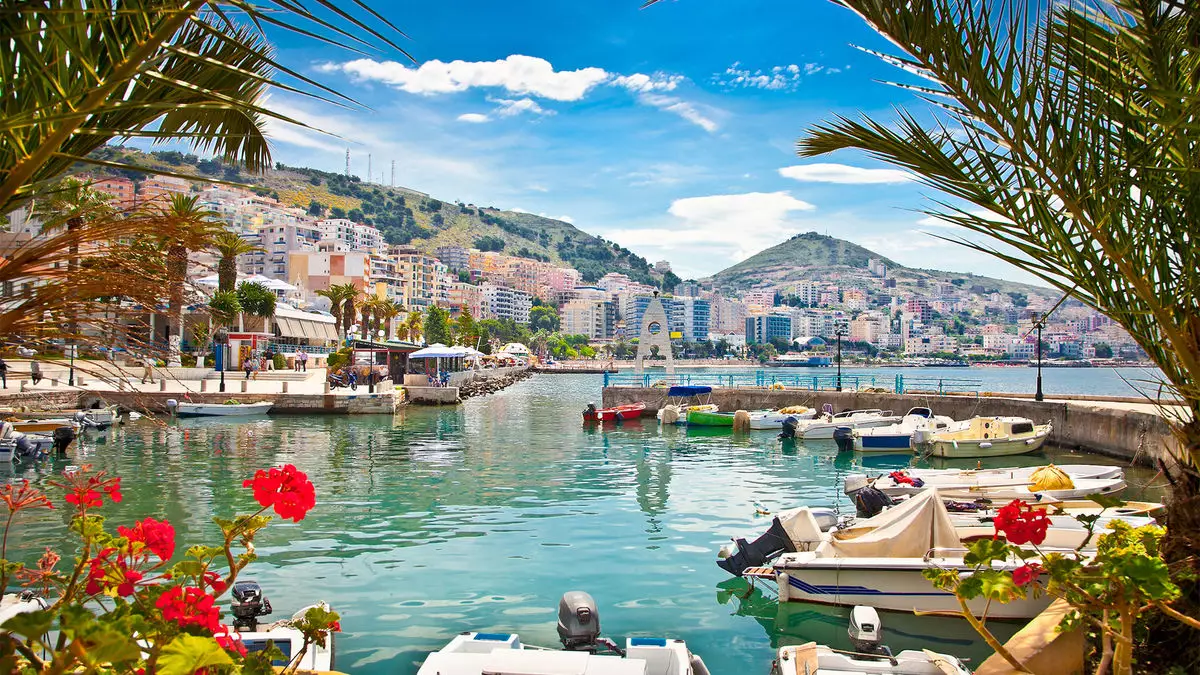The landscape of European travel from the U.S. is evolving this summer, with a distinct focus on value as travelers plan their vacations across the Atlantic. According to a recent report by the Mastercard Economics Institute, travelers of varying income levels are prioritizing value by making strategic choices in terms of destination, timing, and duration of their trips. This trend is not limited to Europe but is a global phenomenon, with travelers exploring more affordable options in regions such as Asia, Latin America, and the Caribbean over the past year. Countries like Japan, Argentina, and the Dominican Republic have seen increased demand due to weaker currencies and attractive pricing, offering sun-seekers a budget-friendly getaway option.
The Quest for Value in Europe
Europe stands out as a high-demand and high-cost destination, leading travelers to seek greater value in their travel choices. Prices in Europe have remained elevated due to a combination of heightened demand and inflation, making it challenging for travelers to find budget-friendly options. The Mastercard report indicates that conscious spending habits have become more prevalent among travelers, driven by higher household financial obligations post-pandemic. Even ultrahigh net worth travelers, who typically exhibit less price sensitivity, are now prioritizing value in their travel decisions.
According to luxury tour operator Scott Dunn, ultrahigh net worth travelers are exploring more cost-conscious options compared to the extravagant spending seen during the initial post-Covid travel resurgence. While these travelers are still willing to pay premium prices, they are placing a greater emphasis on value and cost-effectiveness. This shift in mindset is reflected in the choice of destinations, with travelers opting for more affordable European countries like Albania, Croatia, and Turkey during the peak summer season.
The Rise of Alternative European Destinations
Albania, Croatia, and Turkey have witnessed a surge in flight traffic since 2019, making them popular choices among U.S. travelers seeking value-driven experiences in Europe. Flight routes to Albania have doubled, leading to a significant increase in tourist arrivals. Tirana, the capital city of Albania, has emerged as one of the top trending cities for summer travel bookings, showcasing the growing interest in off-the-beaten-path destinations. The U.S. share of arrivals in countries like the U.K., Portugal, and Spain has also risen in recent years, contributing to the overall increase in travel demand and pricing.
Luxury travel expert Diana Hechler highlights the impact of the American market on European travel prices, noting that until the U.S. market softens, prices in popular destinations like Italy, France, and England are likely to remain high. Hechler also emphasizes a shift away from traditional peak summer months, with travelers now opting for off-peak periods in April, May, September, and even late October. This change in travel patterns aligns with the findings of the Mastercard report, which identifies a significant shift in peak travel periods across Mediterranean countries.
The evolving landscape of European travel from the U.S. reflects a growing emphasis on value and cost-conscious decision-making. By exploring alternative destinations, shifting travel dates, and prioritizing value-driven experiences, travelers can make the most of their European vacations while maximizing their budget. As the travel industry continues to adapt to changing consumer preferences, the focus on value is expected to shape future travel trends and experiences for U.S. travelers heading to Europe.

